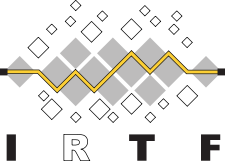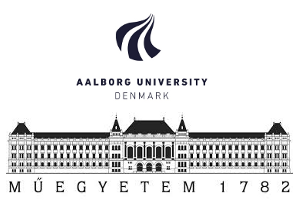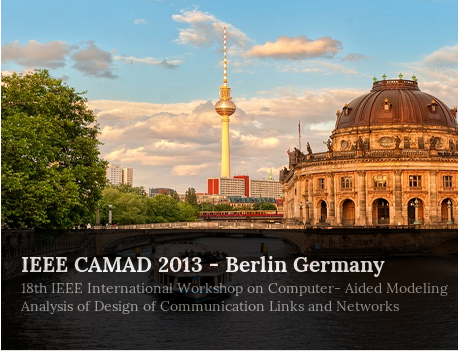This year I gave a tutorial on using the Kodo library at the NetCode 2014 conference.
Kodo is a C++ library for implementing Erasure Correcting Codes, in
particular Random Linear Network Codes. The library is intended to be
used for reliable communication protocols and storage systems and for
research on the use and implementation of Random Linear Network Codes.
Find the tecnical program here.



